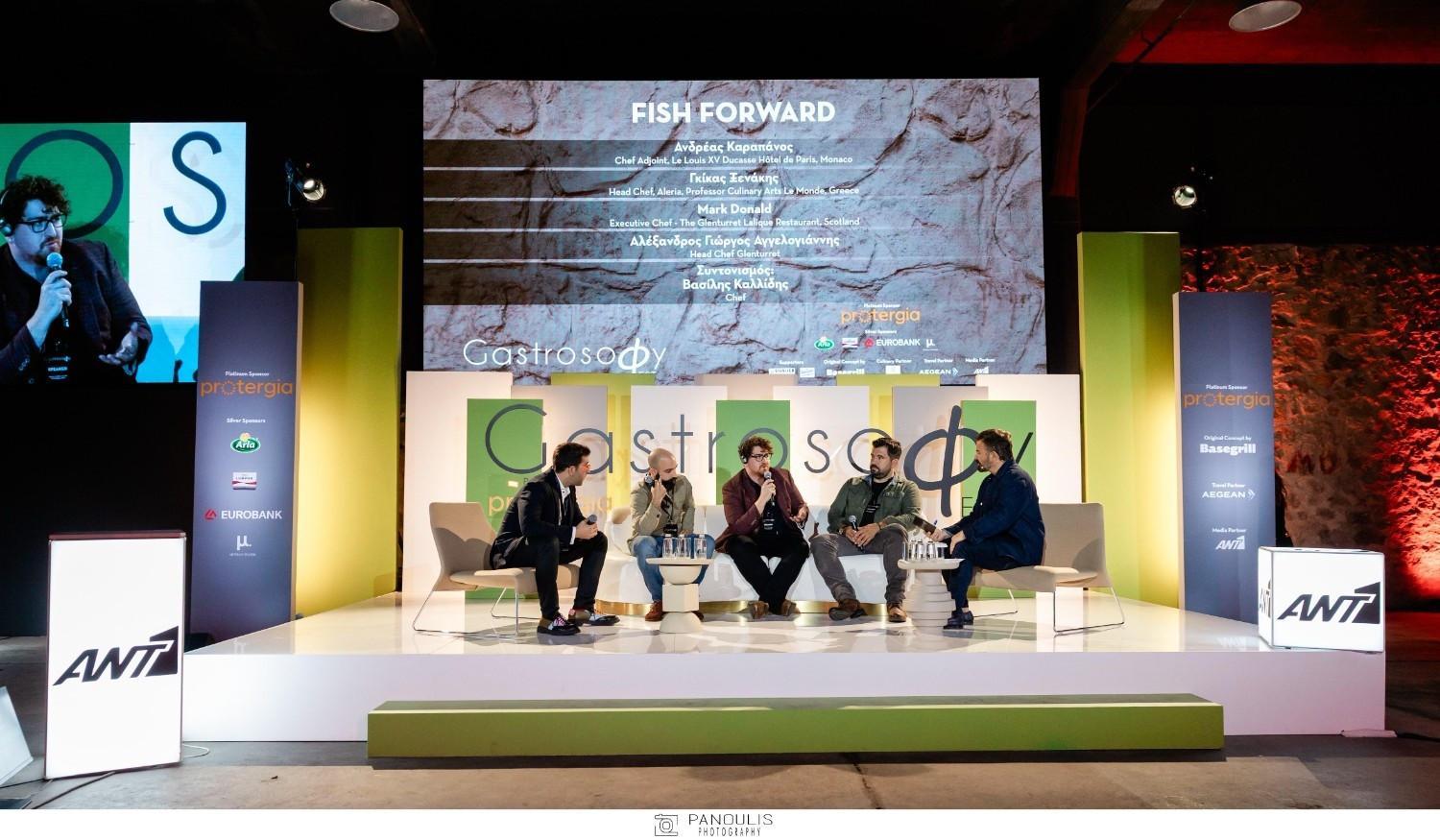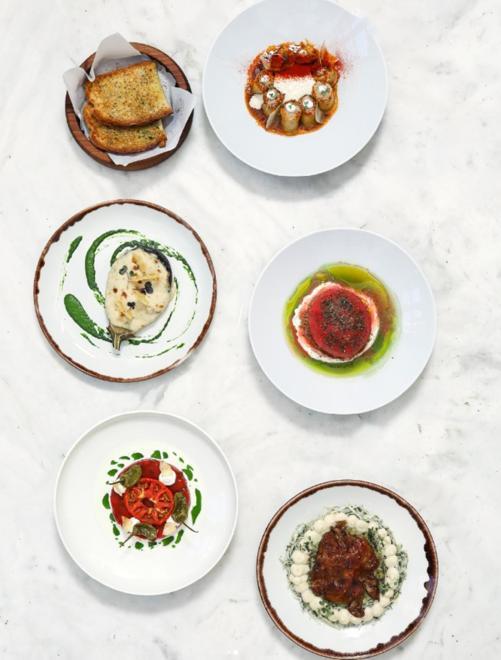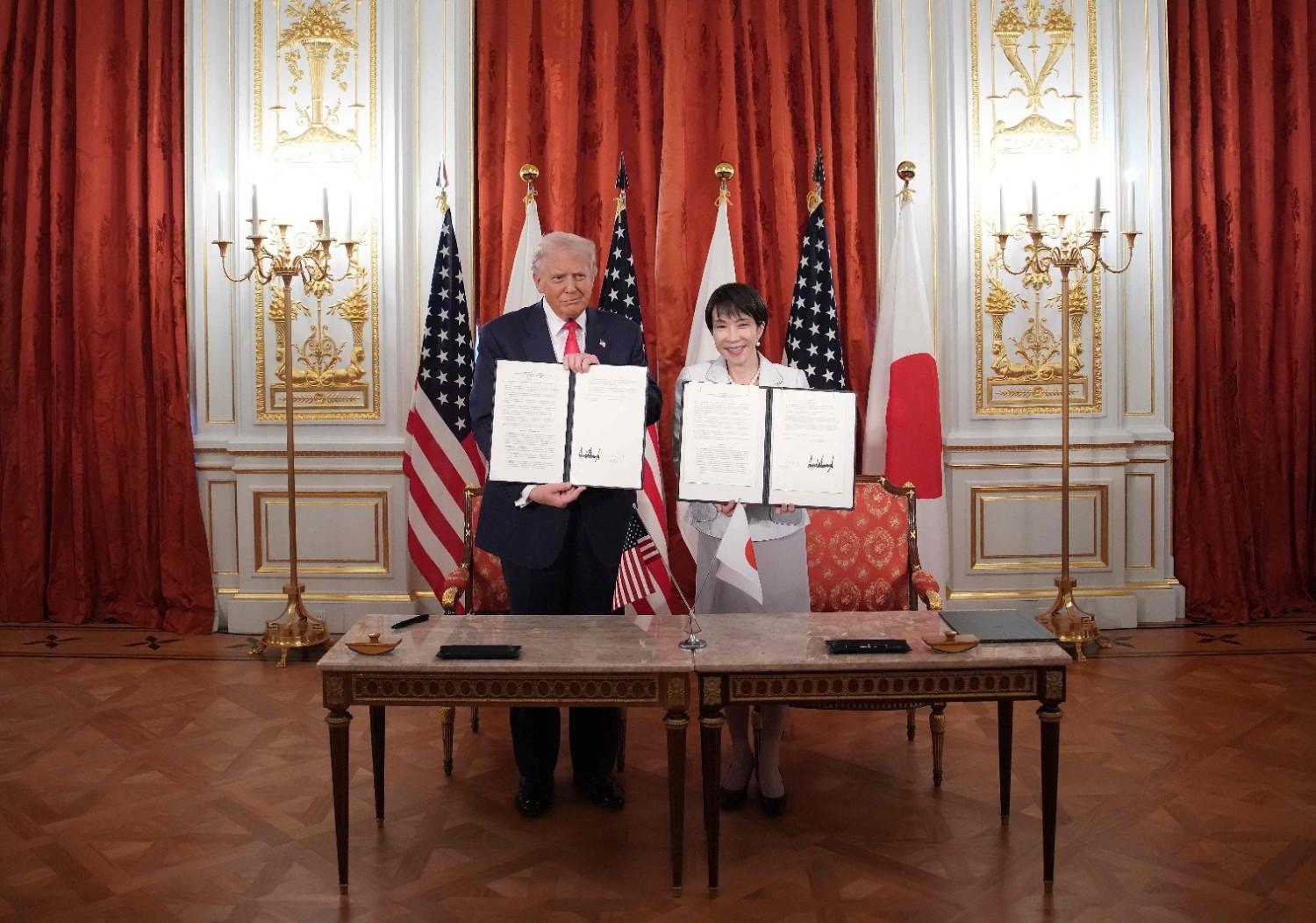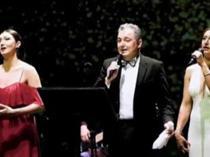GastrosoΦy Fest: Where flavor meets thought
Ebru Erke

Last week, the stone warehouses of Piraeus hosted something far more profound than another food event. GastrosoΦy Fest felt like a movement — an attempt to redefine gastronomy not as pleasure, but as consciousness.
Supported by Greece’s energy giant Protergia, the festival gathered more than 2,000 participants on Oct. 19. Yet no one in that crowd came merely to eat; they came to talk about the meaning of food.
Because today, a plate is no longer just an object that satisfies hunger; it is an expression of culture, memory and identity.
A flavor stripped of its roots becomes mere taste — but when it remembers where it comes from, it gains meaning. The root, after all, is not just the origin of an ingredient; it is how humankind remembers itself.
That afternoon, food was not being consumed — it was being contemplated. What was discussed was not only taste itself, but the idea behind taste.
The word “GastrosoΦy” is no coincidence. It is born from Sophia — wisdom — and gastronomy. At its core lay an intellectual field where knowledge, emotion and creativity intertwined.
More than 25 chefs, producers, academics and food writers from Greece and abroad gathered to speak not about food as consumption, but as a cultural act — a way of thinking.
In the “Revival Table” session, forgotten seeds, ancient breeds and rediscovered flavors took center stage. Speakers reminded us that these seeds carry not only the soil, but a people’s collective past.
In “Fish Forward,” the discussion shifted toward our relationship with the sea: Are we destined to consume it — or to coexist with it?
Every talk echoed the modern human’s search for reconciliation with nature.
During “Athens, the Next Culinary Capital,” participants debated whether Athens could be the Mediterranean’s new gastronomic capital. But the real question was not about geography — it was about mentality. The issue was not which city opens more restaurants, but which city protects its culinary memory more deeply.
Behind all these themes ran a single idea: Flavor now exists not only on the palate, but in the mind.
When emotion and flavor merge, meaning arises — because every bite reconnects us with nature, the past and ourselves.
When Massimo Bottura took the stage, the atmosphere changed instantly. His presence symbolized not just mastery, but conscience in gastronomy.
With a soft smile and calm words, he said, “When you prepare a dish, you are actually serving an idea.”
“We were inspired by Da Vinci’s kitchen for the poor. Every time we open a restaurant, we also create a social kitchen.”
The room fell silent — everyone could feel the moral power of cooking.
He went on: “For me, creativity finds meaning not in abundance, but in scarcity. What gives value to a dish is not the ingredient, but the intention — because intention is the invisible salt of every kitchen.”
These words carried perhaps the festival’s most powerful message: True cuisine nourishes not only the stomach, but the conscience.
And that conscience has become gastronomy’s most essential ingredient.
In that moment, it became clear that gastronomy is no longer merely an art — it is a way of understanding ourselves and the world.
Wine was another cornerstone of the festival.
The session “Greek Wine for the Future” traced the journey from the rustic heritage of retsina to globally recognized winemaking.
“Wines with a Sense of Place” sounded like a manifesto for terroir — a call to rediscover connection with soil, grape and belonging.
Across all panels, one message resonated: Gastronomy is no longer the language of luxury, but of responsibility.
The festival concluded with the Food & Wine Party — a glamorous celebration featuring 20 signature dishes, 15 live-cooking stations and over 50 wine labels.
But beyond the glitter lay its true essence: A meeting of creativity, sharing and solidarity around the same table.
Curated by Spyros and Vangelis Liakos, founders of Basegrill, the event left one thing clear: Gastronomy is no longer an industry — it is a way of thinking.
Food has become the language where culture, knowledge, nature and humanity meet in the same sentence.
And perhaps the most hopeful aspect of today’s gastronomy lies here: On every plate, what is being served is not merely ingredients — but a worldview.

Ateno: Where a city’s taste finds its voice
In the historic spine of Athens, a living aroma spills out from a 19th-century building — cheese, charcuterie and olive oil: The scent of the product itself.
Upstairs, ritual turns to rhythm; service transforms into storytelling.
Ateno stands exactly at this intersection, where deli and restaurant meet, to craft a narrative that begins not with the kitchen, but with the ingredient.
Here, the menu is written not in the storeroom, but at the producer’s doorstep.
For owners Spyros and Vangelis Liakos, food is more than service — it is city branding and a culture of origin. To them, the urban kitchen is not simply a place where food is cooked, but an ecosystem that feeds the city’s identity.
Ateno’s cuisine cannot be confined to the label “modern Greek.” With chef Nikos Karathanos, it bridges heritage and innovation. Nostalgia is present, yes — but so is reinvention. It feels like watching Greek gastronomy rewrite itself, one plate at a time.
The combination of deli + restaurant strengthens the guest’s taste-memory connection. Visitors do more than eat — they encounter producers’ names on shelves, choose ingredients downstairs and meet them again transformed on the plate upstairs.
This relationship turns consumption into experience.
In the city center, Ateno manages to balance accessibility and sophistication —a rare achievement. The concept shifts the dining experience away from luxury consumption toward product-based learning. That’s why the deli is key: Guests often leave not just with the memory of dinner, but with a piece of the story — a cheese, a cured meat or a jar of oil.
When the meal ends, the narrative continues at home. Ateno does more than reinterpret Greek cuisine; it rewrites the connection between urban culture and taste.
It is far too layered to fit the cliché of “modernizing tradition.” Its true mission is to root culinary thinking back into the city itself.
For the Liakos brothers, the urban kitchen is not a chain — it is a cultural circulation. That is why Ateno is more than a place to dine; it is a methodology, a living model that fuses memory and modernity. And good methodologies, as we know, can change the future of a city’s food culture.
















